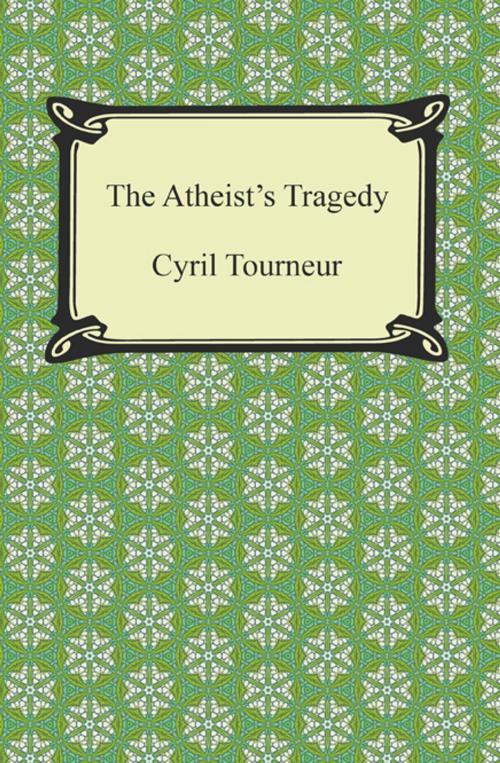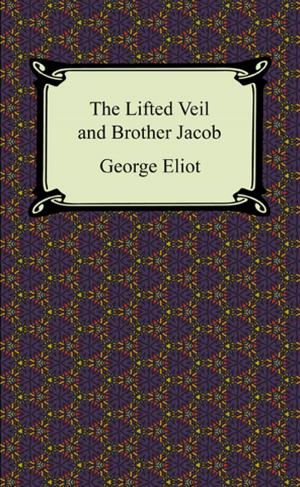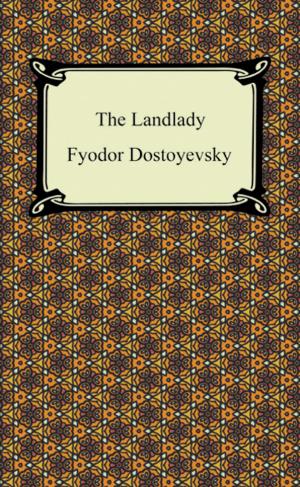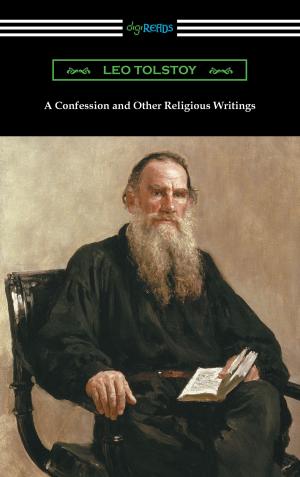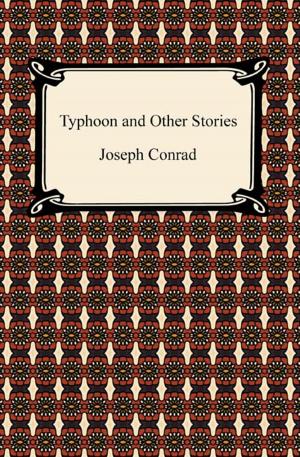| Author: | Cyril Tourneur | ISBN: | 9781420949353 |
| Publisher: | Neeland Media LLC | Publication: | December 15, 2009 |
| Imprint: | Digireads.com Publishing | Language: | English |
| Author: | Cyril Tourneur |
| ISBN: | 9781420949353 |
| Publisher: | Neeland Media LLC |
| Publication: | December 15, 2009 |
| Imprint: | Digireads.com Publishing |
| Language: | English |
Written by Cyril Tourneur and first published in 1611, "The Atheist's Tragedy, or the Honest Man's Revenge" is a classic Jacobean era revenge play. In this drama we find the story of D'Amville, a wealthy French nobleman and our titular atheist. D'Amville is a cynical, ruthless, and Machiavellian character who conspires to have his brother, the Baron Montferrers, killed and ruin his nephew, Charlemont, in order to gain the son's inheritance. With a complex three-level plot structure "The Atheist's Tragedy" would incite much critical analysis since its publication, specifically with regard to the plays place in the evolution of Jacobean tragedy and the revenge play. One can compare Tourneur's work here to "The Revenger's Tragedy," which some believe to actually be authored by Tourneur and not Thomas Middleton, as well as other revenge tragedies including Thomas Kyd's "The Spanish Tragedy," and George Chapman's "The Revenge of Bussy D'Ambois;" all instrumental works in the development of this form of drama.
Written by Cyril Tourneur and first published in 1611, "The Atheist's Tragedy, or the Honest Man's Revenge" is a classic Jacobean era revenge play. In this drama we find the story of D'Amville, a wealthy French nobleman and our titular atheist. D'Amville is a cynical, ruthless, and Machiavellian character who conspires to have his brother, the Baron Montferrers, killed and ruin his nephew, Charlemont, in order to gain the son's inheritance. With a complex three-level plot structure "The Atheist's Tragedy" would incite much critical analysis since its publication, specifically with regard to the plays place in the evolution of Jacobean tragedy and the revenge play. One can compare Tourneur's work here to "The Revenger's Tragedy," which some believe to actually be authored by Tourneur and not Thomas Middleton, as well as other revenge tragedies including Thomas Kyd's "The Spanish Tragedy," and George Chapman's "The Revenge of Bussy D'Ambois;" all instrumental works in the development of this form of drama.
